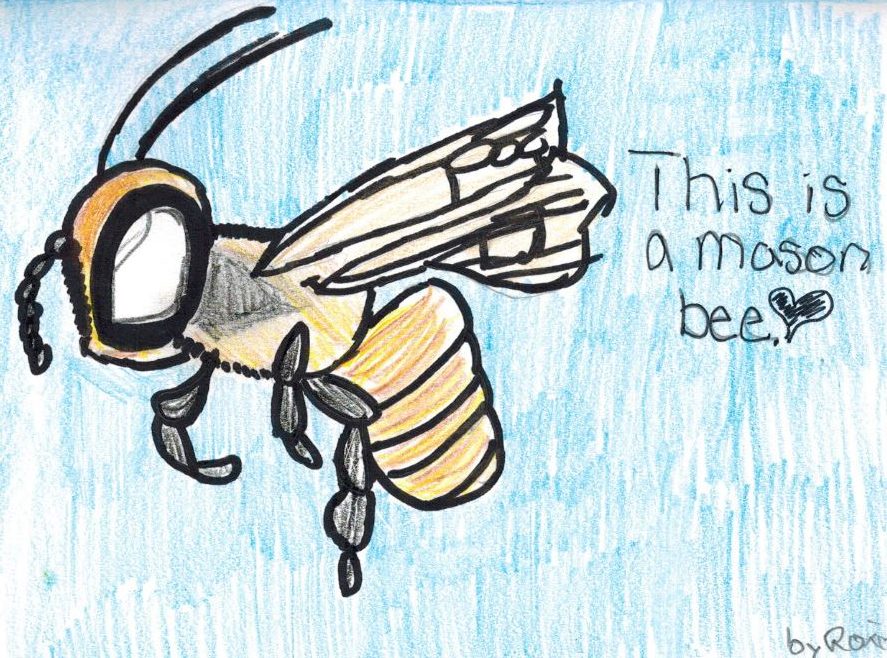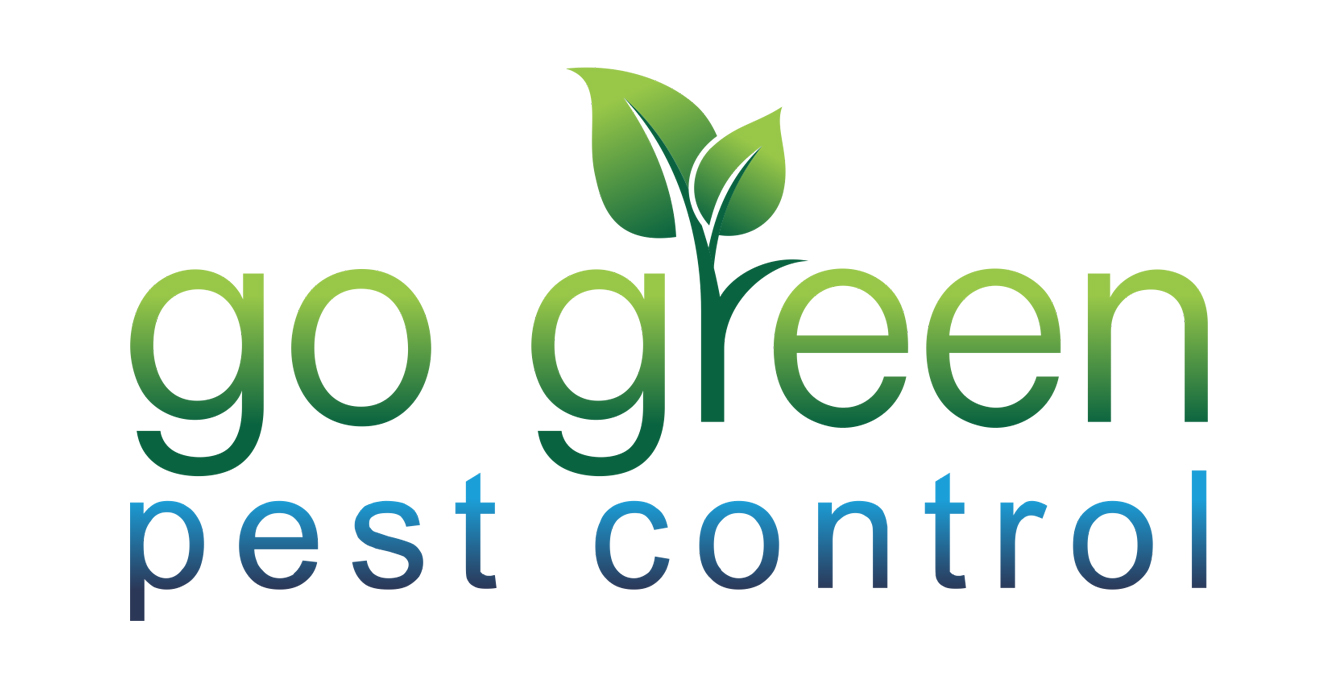Bug Blog
Ants Dig Rock ’n’ Roll
Who would have thought that Rock Music would make carpenter ants destroy wood faster? Scientists have discovered that rock bands comprised of a singer, a couple guitars, a bass and drums produce a frequency of about 2.7 KHz that is both distinctive to rock music and that the heavier the sound the better the pulse. Apparently, the ants like this frequency and get most aggressive around a 2.5 -3 kHz signal. Wood that vibrates, similar to the wood used in electric guitars, attracts ants. Now here’s the kicker, carpenter ants will chew through wood almost three times faster when rock music is played, but of course their 3 times faster is by most standards still pretty slow. So you now know that rock music isn’t just noise but also an incentive for carpenter ants to chew through your house even faster.
https://www.linkedin.com/pulse/ants-dig-rock-n-roll-randy-bilesky/?published=t
Spring Cleaning Your Kitchen
Spring is here and it’s time to chase down those dust bunnies, clean those murky windows and clean up (take inventory and purge) the kitchen. When you finally start in on the kitchen – it’s time to turn your messy Betty Crocker play station into a surgical operating room. Our modern kitchens can be, for the most part, vulnerable to pest infestations and potential health risks. So having convinced you to put on the gloves and fill the bucket with hot sudsy cleaners, here is a list of kitchen pests that you are likely to encounter?
1) Flies – Ok well we have a few, but mainly: house flies, bluebottle, cluster and fruit flies. Apart from the infuriating noise, wherever a fly lands there is always the chance that they might spread pathogens, bacteria and germs. Solution: your goal is a hygienic and clean kitchen at all times. In your quest to rid yourself of these flying germ bombers, make sure you have secure door and window screens and reduce attracts like food and liquids.
2) Ants – We basically have 5 species of ants that can assault our kitchens: Pharaoh’s ants, pavement, thatching, odorous and the notorious carpenter ant (termites with attitude). Again, remove the source of the problem and prevent it re-occurring. Find the nest and destroy it – then find the access points into the kitchen and seal up all the cracks and crevices. Try all the retail ant products first, watch them disappear for a while, throw up your hands in desperation and call us, go green pest control.ca
3) Moths, Beetles and Mice a.k.a SPP (Stored Product Pests) – Stored product pests are very interested in food stored in pantries and cupboards. It usually starts with an open door or windows were any one of these scavengers’ gets in, or of course hitch hiking a ride in on just about anything. These pests are not only unpleasant and shocking to encounter, they can pose multiple health risks. Eliminating these pests can be very costly, so again, your goal is to keep a hygienic and clean kitchen at all times.
4) Cockroaches – although we are not particularly plagued with these nuclear radiation resistant creatures, they do exist here on the south coast (wet coast, best coast). Although a spic-and-span kitchen isn’t bullet proof to a blitzkrieg from cockroaches, the term: cleaner is better does apply here.
gogreenpestcontrol.ca Ladner Tsawwassen Delta B.C. Randy Bilesky
Spicing Up Bird Control
Here in Delta, we have to contend with birds coming from all directions. Besides the many farms we have, having the Vancouver Landfill kilometers away doesn’t help. There are many ways in which birds can cause a nuisance. Large numbers of birds in urban areas can cause problems due to their noise and fouling, which is both unsightly and a health hazard; harbouring diseases such as histoplasmosis, candidiasis and cryptococcosis. Species such as pigeons are intelligent and ingenious individuals, as they are well-furnished to live and breed in ostensibly unreceptive environments. Bird proofing can be particularly difficult when the problem affects surfaces like the face of buildings and signage. I’ve always been looking for alternatives to treatments such as netting or spikes (both being unsightly, partially ineffectual and dangerous to birds and other animals). A relatively new product is a bio repellent gel that teaches birds where not to land, roost and congregate in unwelcomed spaces. The gel is an oil based nontoxic that contains white pepper. It is humane, completely natural and almost invisible. Plus, it doesn’t harm the birds, rather causes a sensory reaction after just a few visits. They learn to avoid landing and roosting on treated areas overcoming their strong homing instincts.
Rabbit hemorrhagic disease in DELTA !!!
Pet rabbits owners are being urged to monitor their pets after several cases of Rabbit hemorrhagic disease have shown up in Delta, with no vaccine available in Canada. The disease is exclusive to rabbits as both humans and other animals are not susceptible to this disease. Rabbit hemorrhagic disease causes hemorrhages by distressing the blood vessels affecting the liver and other vital tissues. Rabbits show signs of illness quickly, usually within days with signs of lethargy, coordination issues, activities changes or inhalation issues although most affected rabbits die suddenly with bleeding from the nose. If a rabbit shows any signs of this disease they should be seen by a veterinarian as soon as possible. Also noted, birds of prey that feed on infected rabbits can spread the virus through their feces.
gogreenpestcontrol.ca Ladner Tsawwassen Delta B.C. Randy Bilesky
https://www.linkedin.com/pulse/rabbit-hemorrhagic-disease-delta-randy-bilesky/?published=t
Being Kind To The Animals
It’s about time that we in the pest control industries can show off are humane approach to animals. In Canada, the pest control is a growing industry especially with global warming; there are just that many more critters out there. It is estimated that the pest control industry in Canada is valued at over $400 million. . Many critters are taken to Critter Care Wildlife Society which provides short and long-term care and rehabilitation to animals that are native to British Columbia. Through public education, they help prevent the suffering of injured and orphaned wildlife.
Chicken Pox in Squirrels?
Squirrel pox (fibromatosis), is a terrible disease that affects squirrels, although it is relatively rare. Squirrel pox makes these rodents sluggish and compromises their immune system, causing mange, scab or lumps, leading to a quick loss of body condition and subsequently death. In contrast to our chicken pox, squirrel pox is not a herpes virus. Because this form of pox is transmitted through blood, the squirrels become infected by biting insect vectors, such as fleas or mosquitoes. The diagnosis for squirrels with pox is not encouraging and many vets recommend putting the animal down. If you have an outdoor bird seed, you are only increasing the odds of higher disease transmission because you have a communal feeding area under the feeder where the bird seed lands, as well, there is a greater opportunity that those squirrels will want to get into your house for shelter. If you want to get rid of the squirrels by trapping and relocating them – remember that repairs to the building properly need to be done as other will come back following the previous squirrels pheromones. Have a look at our go green pest control.ca website and give us a call so we can squirrel proof for good.
gogreenpestcontrol.ca Ladner Tsawwassen Delta B.C. randy Bilesky
https://www.linkedin.com/post/edit/6382238972504080384
http://www.delta-optimist.com/opinion/blogs/blog-chicken-pox-in-squirrels-1.23210041
Congratulations on your babies!! Skunks and Raccoons
Mating season is nearly over for raccoons and skunks, and very shortly they’ll be having lots of babies. Skunk and raccoon babies are usually born in mid-to late April – up to mid-June. Mothers will go looking for a den where they can have their babies. Skunks like to have their little one under decks, sheds, crawlspaces and foundations of building, and raccoons prefer attics of houses, shed and garages. So here is your heads up moment, now is the time to make sure they will not be using your property as a day care facility. Needless to say, skunks are stinky; add a dozen babies and your house will smell bad, a lot. And having a family of raccoons in your backyard may seem charming at first, but the mess they can make out of your garbage and gardens, as well as the danger to children and pets might make you think twice about letting them set up a base camp out on your property. For skunks, look for areas where gravel has sunken below concrete, where they can climb under a shed or a deck. Raccoons will want to get on roofs, so limit access to your roof. If you have a cedar roof, the older it is the easier raccoons can tear-up the shingles and get in. And if you do already have either skunks or raccoons on your property, you can contact Randy at gogreenpestcontrol.ca @gmail.com or contact us at 778-886-4111.
gogreenpestcontrol.ca Ladner Tsawwassen Delta B.C. Randy Bilesky
https://www.linkedin.com/pulse/congratulations-your-babies-skunks-raccoons-randy-bilesky/?published=t
http://www.delta-optimist.com/opinion/blogs/blog-congratulations-on-your-babies-skunks-and-raccoons-1.23210190
March 19th Poison Prevention Week
March 19th begins Poison Prevention week that brings attention to the dangers of retail purchased poisons through the limited and proper use of fungicides, herbicides, insecticides, or rodenticides. An IPM or integrated pest management program (www.epa.gov/managing-pests-schools/introduction-integrated-pest-management) should always be used to control unwanted insects and rodents that include sanitation, trapping and environmental changes. Domestic and wild animals are vulnerable to poisoning by eating unprotected insect and rodent poisonous bait products that are not stored safely or are not used in Tier 1 protective cases. As well, our medication such as aspirin, ibuprofen, dietary supplements and vitamins (iron or vitamin D) can be harmful to pets. Contact with these substances can make animals more vulnerable to diseases, decrease food intake, diminished immune system, and liver retained toxins. Health Canada also recommends that all household cleaners, chemicals, poison and medicines be locked cabinets and certainly out of the reach of children and pets.
gogreenpestcontrol.ca Ladner Tsawwassen Delta B.C. randy Bilesky
https://www.linkedin.com/pulse/march-19th-poison-prevention-week-randy-bilesky/?published=t
http://www.delta-optimist.com/opinion/blogs/blog-march-19th-poison-prevention-week-1.23205849
Rat Urine – Yikes
Often I encounter rat infestations where the rats have gotten into a house and totally run amuck. People are usually worried about the feces they leave behind but rat urine can be equally as dangerous as the diseases in feces. When people come into contact with rat urine there is always the chance that they may pick up Leptospirosis, a bacterial infection that can become a life-and-death issue. Leptospirosis is a bacterial disease spread in rat urine, not mice. Although some people who become infected with leptospirosis suffer no symptoms, others experience all kinds of symptoms, including: fever, headache, chills, muscle aches, vomiting, yellow skin and eyes, abdominal pain and rashes. The illness usually lasts from a couple days to 3 weeks or longer. Without treatment, recovery may take several months or in some cases become life-threatening through acute kidney and liver failure. It is advised people avoid contact with rats or places where rats might have urinated. If someone comes in contact with areas where rats might live, wash your hands with soap and water afterward. Call a pro – go green pest control Delta.
gogreenpestcontrol.ca Ladner Tsawwassen Delta B.C. Randy Bilesky
https://www.linkedin.com/pulse/rat-urine-yikes-randy-bilesky/?published=t
http://www.delta-optimist.com/opinion/blogs/blog-rat-urine-yikes-1.23205856
Warning for Home HVAC systems
Most newer homes have built in HVAC systems. HVAC is short for heating, ventilation, and air conditioning. The system is used to provide warm air comfort and improved indoor air quality. Pests can cause many problems if they live inside a HVAC system. They can leave behind feces, urine, cadavers, fur, and exoskeletons which can trigger allergies and respiratory problems. Rats and mice can do a lot of damage to your HVAC system by chewing through ducts, refrigerant lines, and other components. Squirrels and raccoons can cause significantly more damage than their sibling rodents by destroying ductwork which allows warm and cold air to escape, which will lead to an increase in utility bills. We can help get rid of these pests, clean and remove any waste that these animals have left behind. Contact us at gogreenpestcontrol.ca. Prevention tips include: 1) Yearly HVAC maintenance 2) Install quality air-vent screens 3) Clean and seal your ducts, check for cracks and gaps, and keep vents free of debris and vegetation.
gogreenpestcontrol.ca Ladner Tsawwassen Delta B.C. Randy Bilesky
https://www.linkedin.com/pulse/warning-home-hvac-systems-randy-bilesky/?published=t
http://www.delta-optimist.com/opinion/blogs/blog-warning-for-home-hvac-systems-1.23203346











